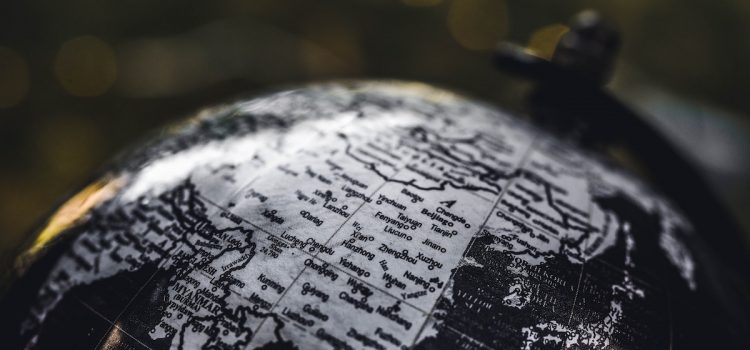

This article is an excerpt from the Shortform book guide to "The Silk Roads" by Peter Frankopan. Shortform has the world's best summaries and analyses of books you should be reading.
Like this article? Sign up for a free trial here.
How far did the Russian Empire extend? How was it a threat to the British Empire? Did this clash lead to World War I?
The rise of the Russian Empire began in the early 1800s, and its eventual expansion posed a threat to the interests of the British Empire. The clash between these two powers impacted the world for years to come.
Keep reading to learn about the Russian Empire vs. the British Empire.
The Russian Empire vs the British Empire
As the centuries wore on, Europe’s power and influence over the rest of the world grew, with that power particularly concentrated in the hands of a few major players—Great Britain, France, Germany, and Russia. But the center of conflict between these great European powers old and new would remain where it had been for centuries—in the East. This conflict would soon manifest as the Russian Empire vs the British Empire.
Peter Frankopan writes that, with the rise of the Russian Empire beginning in the early 19th century, Russian influence would extend into Central Asia, Afghanistan, Kazakhstan, and Persia—dangerously close to India, now the crown jewel of the British Empire. He argues that, as the 19th century gave way to the early 20th century, British imperial policy became vitally concerned with boxing in Russia and establishing a buffer between Russian possessions and British interests in India, China, and Oceania. The British settled on a policy of accommodating Russian ambitions in Central and Eastern Europe—effectively giving the Russians a freer hand in their competing territorial claims with Germany in exchange for Russia limiting its expansionist aims in Asia.
(Shortform note: Some historians have likened this economic, political, diplomatic, and military rivalry between Britain and Russia over control of India and Central Asia to the later US-Soviet Cold War of the 20th century. However, other scholars have downplayed the strategic significance and ideological underpinnings of the earlier rivalry, arguing that it bore little resemblance to the ideological clash between capitalism and communism that marked the Cold War. They argue instead that Russia was never capable of seriously threatening the British position in India—and that the whole conflict was rooted in the paranoia and mistrust of a relative handful of ultra-nationalist British politicians, military officers, and journalists.)
Britain’s strategy to appease Russia would come at the expense of souring British relations with the rising and powerful German Empire. Frankopan argues that this maneuvering by the British played a decisive role in marching Europe and the world toward World War I—all to protect British interests in Asia.
(Shortform note: Frankopan attributes the outbreak of World War I to British scheming in an effort to maintain the balance of power in Europe and protect its overseas empire. However, other scholars have taken a different view of the origins of the conflict. German historian Fritz Fischer argues in his 1961 book Germany’s Aims in the First World War that Germany deliberately engineered the war in service of an expansionist foreign policy that sought to expand German influence in Eastern Europe, Africa, and the Middle East. Fischer cites documents showing that the German government had planned to annex the Low Countries, parts of France, and a large swath of the Russian Empire had it been victorious in the war.)

———End of Preview———
Like what you just read? Read the rest of the world's best book summary and analysis of Peter Frankopan's "The Silk Roads" at Shortform.
Here's what you'll find in our full The Silk Roads summary:
- Why the Silk Roads have always been history’s crucial connection point
- Why understanding the East is crucial to our understanding of the world
- A history of the Silk Roads, from ancient times to the 21st century






